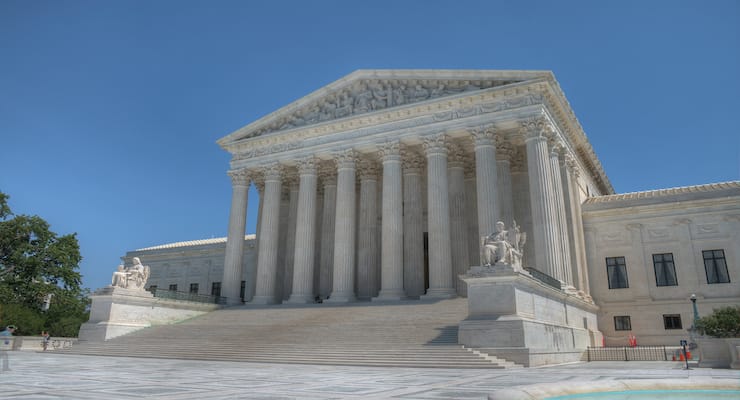The Supreme Court has announced that it will reconsider race-based affirmative action in college admissions, a decision that could eliminate a practice that in recent years has primarily benefitted black and Hispanic applicants.
The high court will specifically listen to challenges to policies at Harvard University and the University of North Carolina (UNC) that use race as one criteria to determine which students should be granted admission.
The Students for Fair Admissions (SFFA), which has filed these lawsuits, say that Harvard and UNC’s admissions policies discriminate unfairly against Asian-Americans and white applicants. SFFA says that racial classifications and preferences in college admissions are unfair, unnecessary, and unconstitutional.
They argue that these practices which have been in use for almost 40 years help blacks and Hispanics gain admission, but they do not necessarily benefit applicants from disadvantaged backgrounds, like the proponents argue.
Lower courts have historically sided with Harvard and UNC over the last several years. However, Chief Justice John Roberts has traditionally opposed racial preferences, including in education, so he could play a critical role in the courts decision this year.
The lawyers for the universities, along with the Justice Department, have pleaded to the high court to reject these appeals.
The cases are scheduled for the fall 2022 session, with a decision being rendered sometime in June 2023.

Visit the Lemonade Mermaid Store today
Original and Custom items for Land or Sea Mermaids




How did the affirmative action pendulum swing so widely past “common sense”?
Common sense in America used to first consider the “better mousetrap”.
Do you want your surgeon or pilot or leader to be picked by sex or color or religion?
The U.S. never seems to be able to do anything in the normal range of response. It always becomes extreme and lacks any common sense.
In 1972, when I graduated from college and applied to law school, I was confronted with my first example of sex and racial bias as I knew that two of my classmates did not have has a high a score on the LSAT or GPA as me, but were admitted. One was a woman and the other was from a minority. When I applied for a position at the phone company in 1977, I was told I was over qualified. However, just weeks after I was called and offered a position working in the business office as the only male in a room 100% female. My supervisor told me how lucky I was because my “profile” qualified me for the job. Fast forward forty plus years, nothing much has changed other than we now call it white privilege. .
Sometimes the pendulum needs to swing wide before returning to a point of equilibrium.